
Research group at the workshop on intangible cultural heritage and climate change.
Research on the indigenous knowledge of the Ha Nhi people ( Lao Cai ) has highlighted the values of indigenous knowledge passed down through generations in the communities, representing the interaction between cultural heritage, ecological intelligence, and current environmental challenges. This knowledge system has existed for centuries, helping communities overcome challenges, continues to be effective in new contexts, and affirms the role of traditional ecological knowledge in sustainable natural resource management.
The research project, titled “Exploring the Heritage Value of Indigenous Knowledge on Sustainable Use and Management of Forest Resources of the Ha Nhi People in Lao Cai Province, Vietnam, in the Context of Climate Change,” was led by Dr. Luu Dam Ngoc Anh (Vietnam National Museum of Nature). The work was recently published in a new UNESCO publication entitled “Conservation of Intangible Cultural Heritage and Climate Action in the Asia- Pacific Region.”
According to UNESCO, in the context of increasingly negative global climate change causing significant global losses, many communities have rediscovered and relied on their heritage knowledge and practices to apply to disaster response and mitigation solutions. This approach contributes to preserving indigenous cultures, ensuring continuity across generations, and demonstrating the close link between heritage conservation and environmental protection. Indigenous knowledge has been internationally recognized as an effective tool in enhancing the capacity to respond to climate change.
The research team conducted an investigation in Y Tý commune, Bát Xát district, Lào Cai province (formerly), now Y Tý commune, Lào Cai province (newly), into the knowledge of forest resource utilization and management among the Black Hà Nhì people in the area. Here, the Hà Nhì people have maintained forest cover and protected primary forest areas partly thanks to their valuable customary laws, beliefs, and ethnographic botanical knowledge. They classify forests into several groups according to purpose, with sacred forests playing a crucial role in regulating water resources, preventing erosion, and preserving biodiversity. These forests are strictly protected by village customs combined with state regulations on forest management and utilization.
These knowledge points reflect the close connection between humans and nature, and demonstrate that intangible cultural heritage can become a practical solution in responding to climate change. Thanks to this, the Ha Nhi community has significantly reduced the impact of extreme weather events such as flash floods and landslides, while preserving water resources and headwater forests that regulate the climate.
The research was selected for publication by UNESCO because of its uniqueness and interdisciplinary approach—combining botanical and anthropological studies—to clarify the role of heritage as both a spiritual resource and a material foundation for communities to strengthen their resilience to the impacts of climate change, shaping sustainable development strategies that harmonize knowledge conservation, environmental protection, and sustainable development.
Source: http://baodantoc.vn/khi-tri-thuc-ban-dia-cua-nguoi-ha-nhi-tro-thanh-giai-phap-thiet-thuc-trong-ung-pho-bien-doi-khi-hau-1761812716485.htm



![[Photo] Two flights successfully landed and took off at Long Thanh Airport.](/_next/image?url=https%3A%2F%2Fvphoto.vietnam.vn%2Fthumb%2F1200x675%2Fvietnam%2Fresource%2FIMAGE%2F2025%2F12%2F15%2F1765808718882_ndo_br_img-8897-resize-5807-jpg.webp&w=3840&q=75)




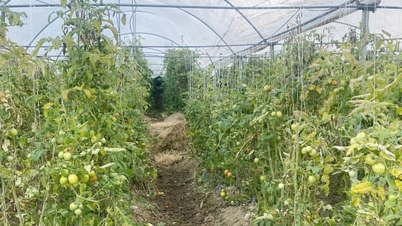



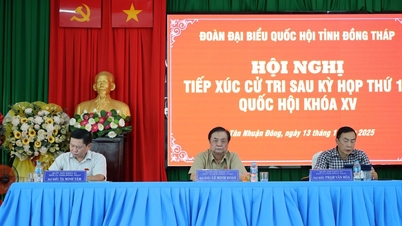





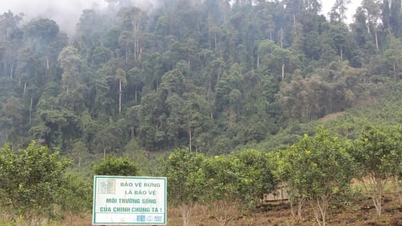
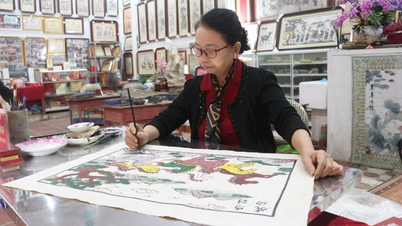





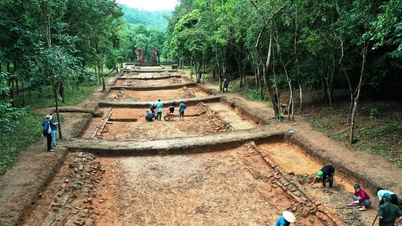










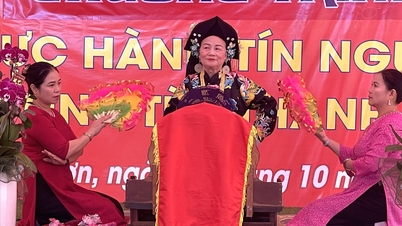


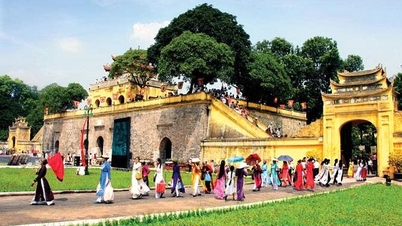

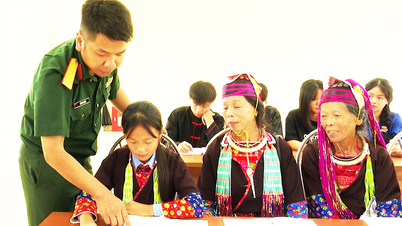








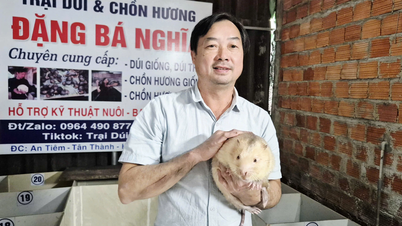



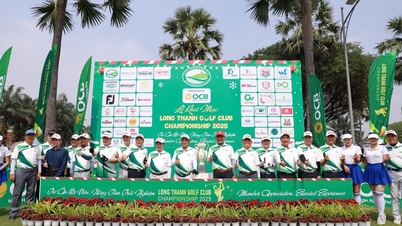






























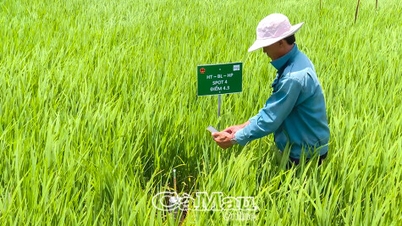



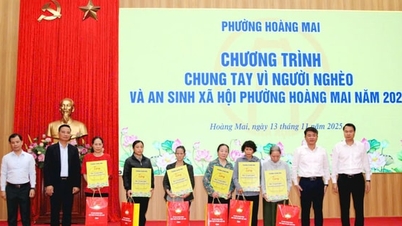


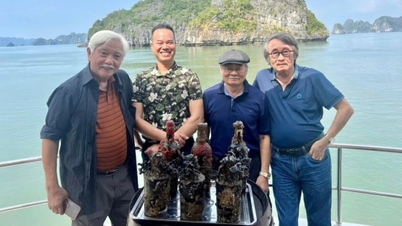






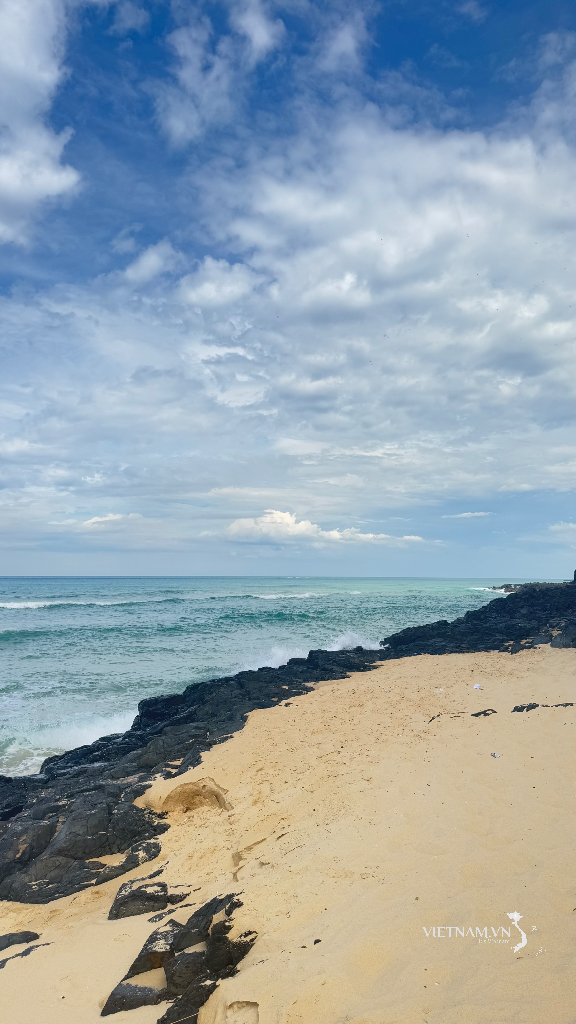

Comment (0)